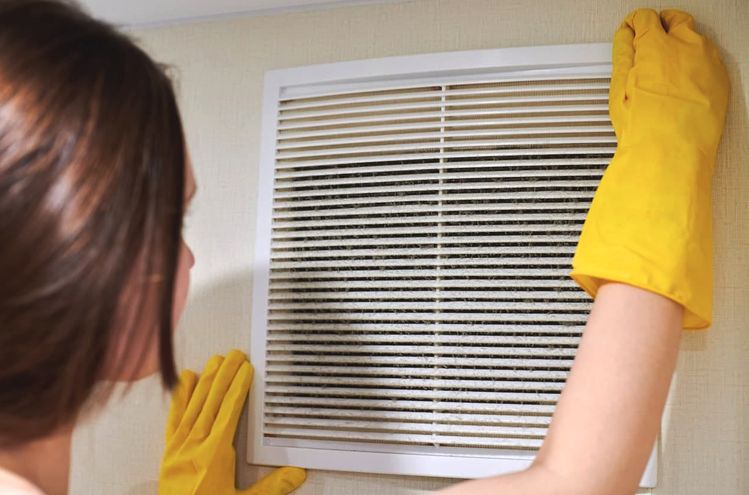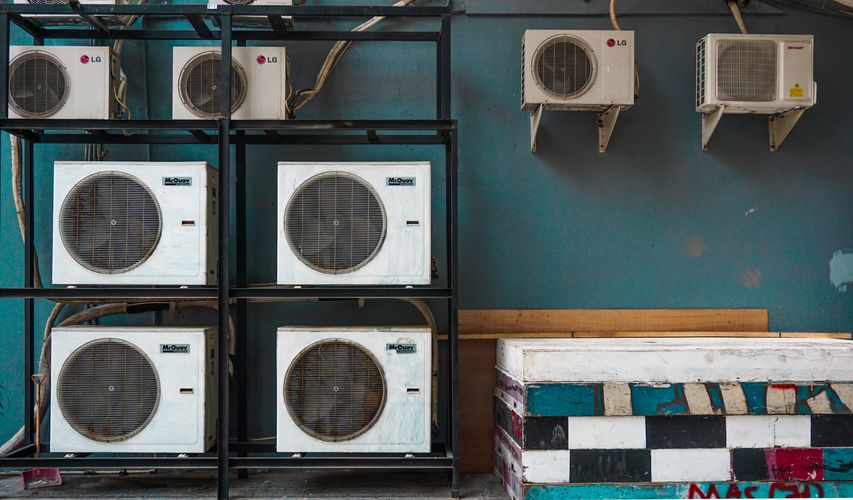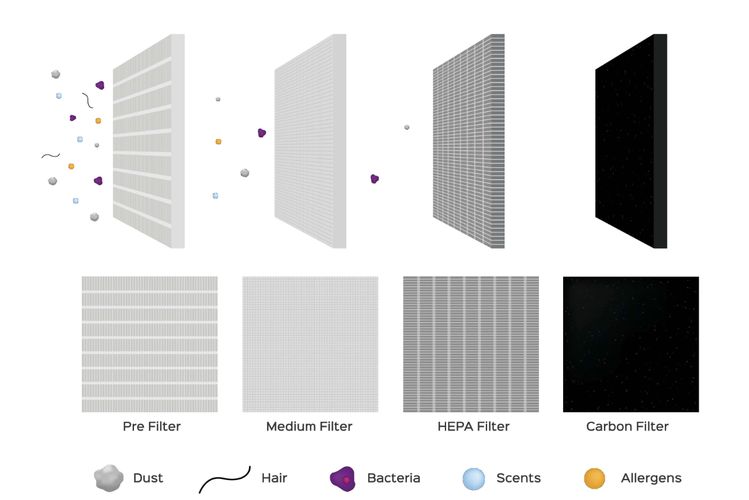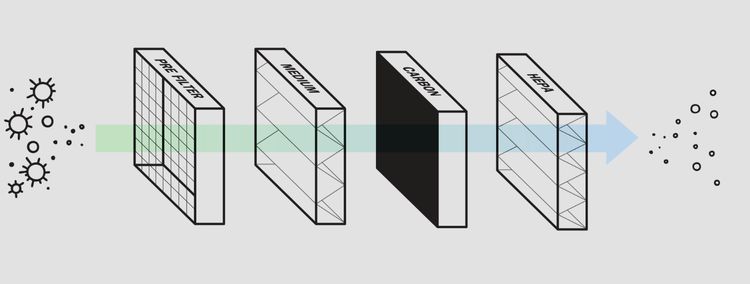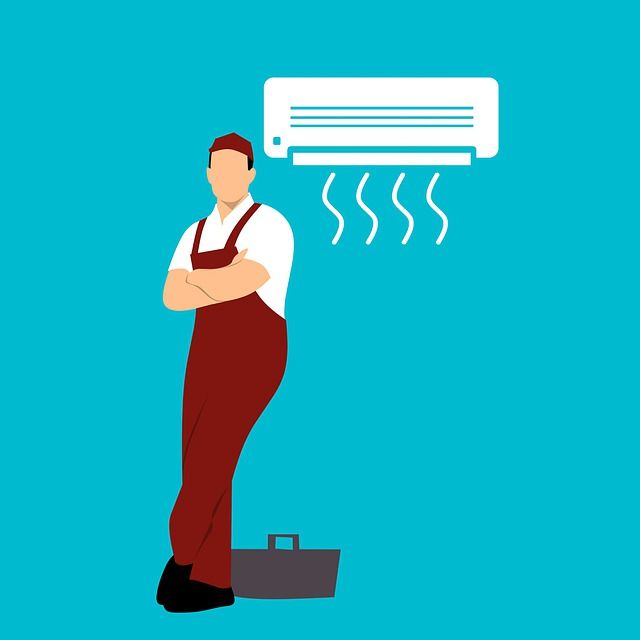Air Filter Replacement
What does an air filter do?
Your engine's air filter protects it from dirt, dust, and other contaminants. Nevertheless, if your engine air filter becomes blocked, it can cause major damage to your vehicle's efficiency. The cabin air filter cleans the air inside your vehicle's cabin.
Are air filters a waste of money?
In the long-lasting, portable air purifiers or standalone units for a single room are often a waste. When it pertains to indoor air quality upgrades, cost is a significant factor
